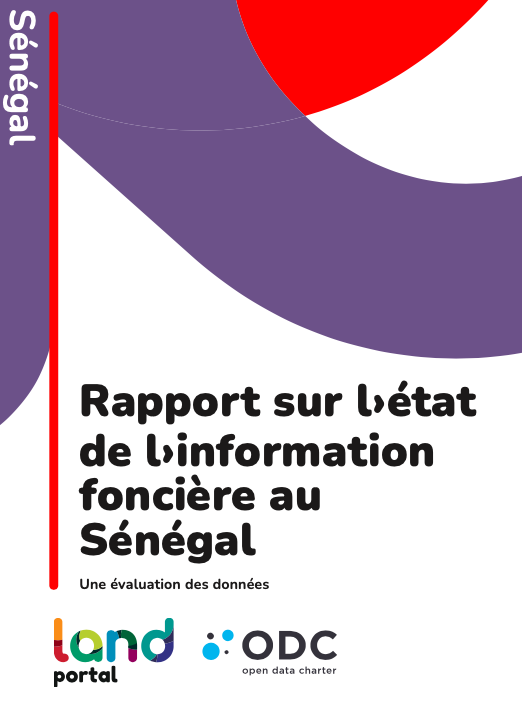Guide Méthodologique de réalisation de la cartographie participative au Bénin
Face aux enjeux liés à la gouvernance foncière, plusieurs initiatives de cartographie participative ont été menées, au Bénin et ailleurs en Afrique. Une initiative de ce type est d’autant plus indispensable au Bénin, sachant que les limites des villages n’ont pas encore de reconnaissance administrative. Comment tirer des enseignements de ces expériences, pour alimenter la méthodologie de réalisation des cartes participatives ? Une méthode de cartographie participative peut-elle être institutionnalisée ?





